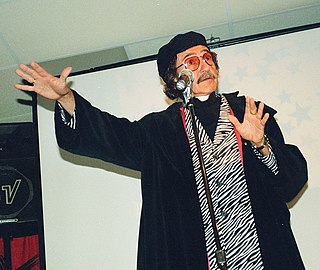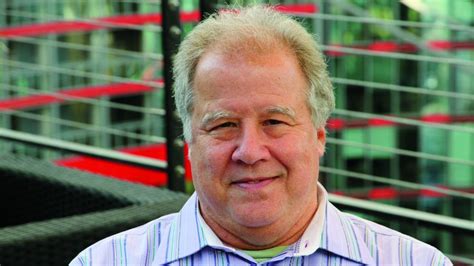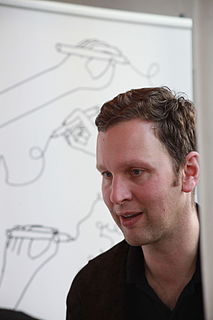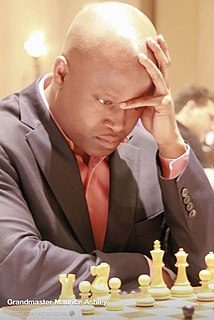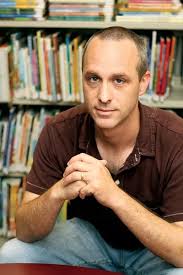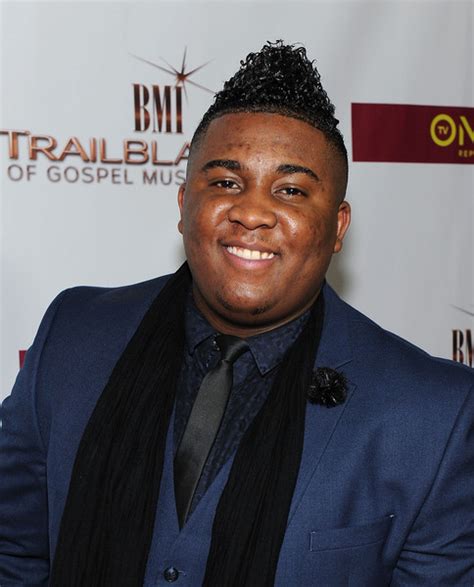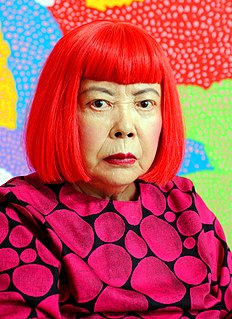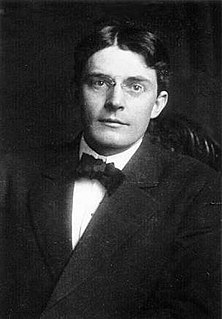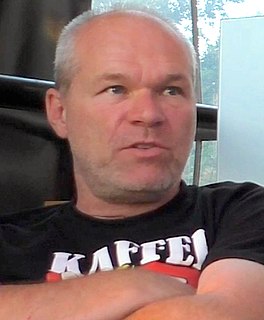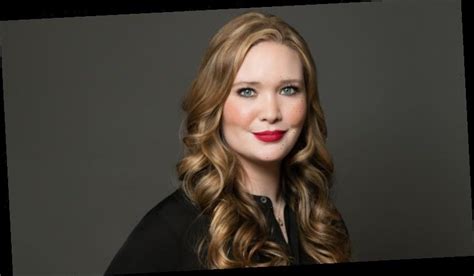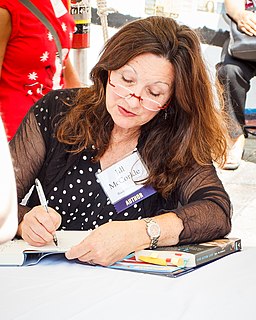Top 1200 Unread Books Quotes & Sayings - Page 18
Explore popular Unread Books quotes.
Last updated on November 25, 2024.
It had been startling and disappointing to me to find out that story books had been written by people, that books were not natural wonders, coming up of themselves like grass. Yet regardless of where they come from, I cannot remember a time when I was not in love with them - with the books themselves, cover and binding and the paper they were printed on, with their smell and their weight and with their possession in my arms, captured and carried off to myself. Still illiterate, I was ready for them, committed to all the reading I could give them.
For myself, I haven't been content to carry on producing books that merely strain against the conventions - as I've grown older, and realised that there aren't that many books left for me to write, so I've become determined that they should be the fictive equivalent of ripping the damn corset off altogether and chucking it on the fire.
In the candle's flickering light, the library's thousands of books emerged from the shadows, and for a moment Nicholas could not help admiring them again. During free time he had almost never looked up from the pages he was reading, but now he saw the books anew, from without rather than from within, and was reminded of how beautiful they were simply as objects. The geometrical wonder of them all, each book on its own and all the books together, row upon row, the infinite patterns and possibilities they presented. They were truly lovely.
Certainly, light fiction exists and encompasses mysteries or second-class romance novels, books that are read on the beach, whose only aim is to entertain. These books are not concerned with style or creativity - instead they are successful because they are repetitive and follow a template that readers enjoy.
I believe in books. And when our people [coughing] - our people of Jerusalem, let's say after the Romans destroyed the temple and the city, all we took is a little book, that's all. Not treasures, we had no treasures. They were ransacked, taken away. But the book - the little book - and this book produced more books, thousands, hundreds of thousands of books, and in the book we found our memory, and our attachment to that memory is what kept us alive.
Creativity doesn’t come from glancing quickly at your Twitter feed while in line at Starbucks. It comes from deep thought. It comes from voraciously reading books—long books that require focused attention. It comes from meaningful discourse with other intellectually curious people. It comes from listening and asking good questions.
The first aim of a good college is not to teach books, but the meaning and purpose of life. Hard study and the learning of books are only a means to this end. We develop power and courage and determination and we go out to achieve Truth, Wisdom and Justice. If we do not come to this, the cost of schooling is wasted.
One time, the Library of Congress was giving books to local libraries around the country on Islam. The library of a guy named Walter Jones, who's a member of Congress from North Carolina, got some books and resource materials, and he got up in the press and said he didn't want any Muslim books in the library. And the people said, "Wait a minute, that's kind of anti-Muslim." He said, "Oh no, Keith Ellison is a friend of mine." And I said, "You know what? We are friends, but you're wrong about this.
All that a university or final highest school. can do for us is still but what the first school began doing--teach us to read. We learn to read in various languages, in various sciences; we learn the alphabet and letters of all manner of books. But the place where we are to get knowledge, even theoretic knowledge, is the books themselves. It depends on what we read, after all manner of professors have done their best for us. The true university of these days is a collection of books.
You know we receive an education in the schools from books. All those books that people became educated from twenty-five years ago, are wrong now, and those that are good now, will be wrong again twenty-five years from now. So if they are wrong then, they are also wrong now, and the one who is educated from the wrong books is not educated, he is misled. All books that are written are wrong, the one who is not educated cannot write a book and the one who is educated, is really not educated but he is misled and the one who is misled cannot write a book which is correct.
By the time I got to college I had stopped reading books because I wanted to "be cool" and started reading books simply because I wanted to read them. I discovered heroes like Roth, King, Dahl, Shirley Jackson, Patricia Highsmith, TC Boyle, Douglas Adams, Neil Gaiman, David Sedaris. These people weren't trying to "rebel against the literary establishment." They were trying to write great, high-quality books that were as entertaining and moving as possible.

